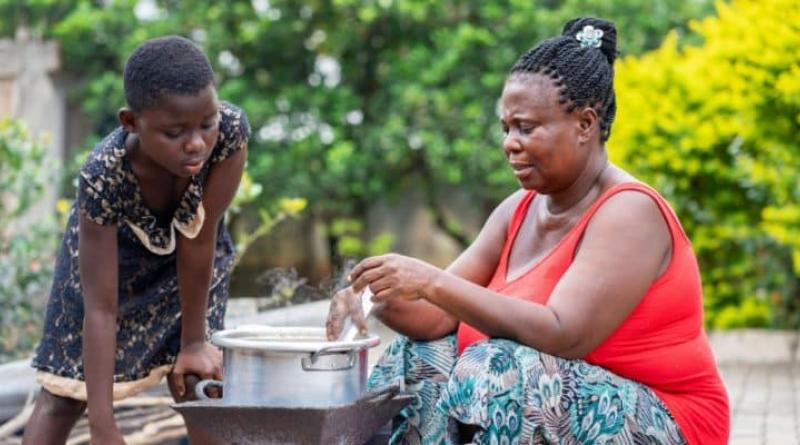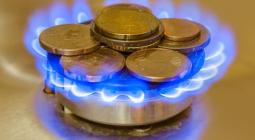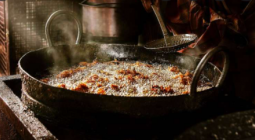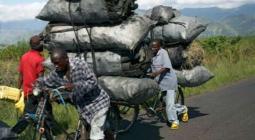The Opec Fund for International Development (OFID) is providing Madagascar with $36.5 million in loans and grants to accelerate access to clean cooking. The aim is to reduce deforestation in the East African country.
The National Clean Cookery Transition Programme in Madagascar has received new funding. This is $36.5 million from the Opec Fund for International Development (OFID), including a $1.5 million grant. This funding is part of a $500 million multi-country package announced on 15 December 2022 by Ofid at its last Board meeting for the year 2022.
The aim of the national transition programme to clean cooking in Madagascar is to improve access to clean cooking throughout the country. As such, the Malagasy government will use Ofid funding to accelerate the deployment of clean cooking systems.
The reduction of 850,000 tonnes of CO
Under the programme, 35,000 improved stoves will be made available to Malagasy households by 2023, “at affordable prices”. The improved stoves will run on ethanol produced sustainably by households, i.e. by fermenting sugar or converting starch from cereals and other agricultural or agroforestry materials.
The environmentally friendly stoves will replace the traditional three-stone cooking method responsible for a number of respiratory diseases in the East African country. In addition to reducing 850,000 tonnes of carbon monoxide (CO) emissions, the improved stoves will also help combat deforestation in Madagascar. In fact, the programme includes a reforestation component that will enable the planting of 1,500 hectares of forest.
According to Sustainable Energy for All (SEforALL), an organisation that works in partnership with the United Nations (UN), governments, the private sector, financial institutions, and civil society to strengthen and stimulate action to achieve Sustainable Development Goal 7 (SDG 7) by 2030, Madagascar is the country in Africa with the least use of clean cooking devices, with less than 1% of households using clean fuels and 1% of households using improved wood or charcoal stoves.
Inès Magoum







